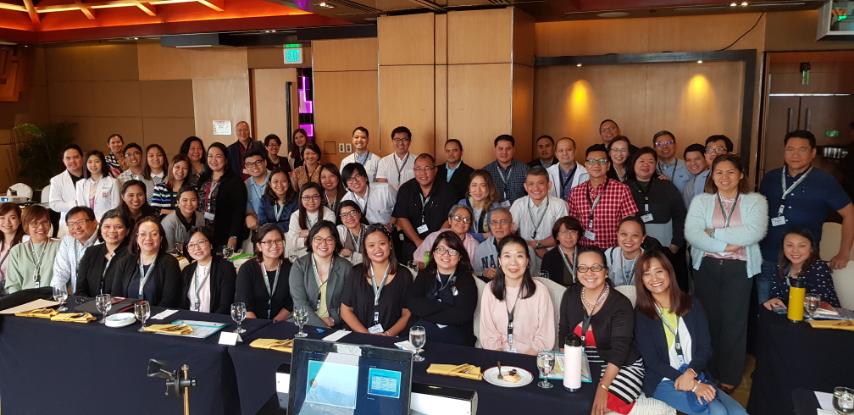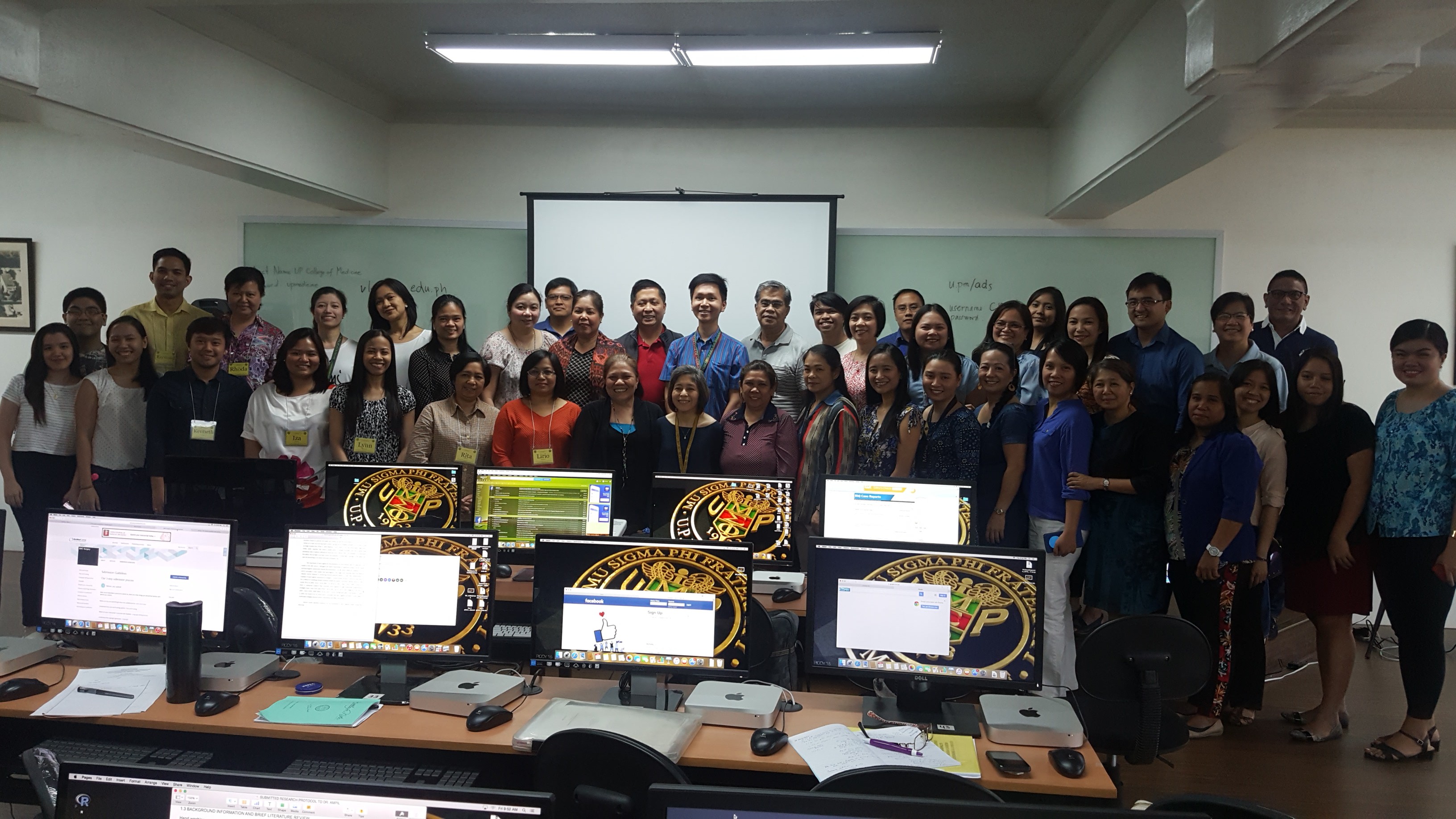Master of Science in Epidemiology (Clinical Epidemiology)
Offered by Department of Clinical Epidemiology
Brief Description
The UP College of Medicine and the College of Public Health are jointly offering the Master of Science in Epidemiology with 2 tracks: Clinical Epidemiology and Public Health Epidemiology. Clinical epidemiology enables health professionals to successfully implement a health program or to deliver better health care to patients using evidence generated from research. The program is also designed to equip clinicians with skills necessary to generate and evaluate valid and reliable research on health problems that they encounter. The program consists of 34 units - 5 units core courses; 19 units major courses, 4 units electives; and 6 units thesis. The recommended time for completion of the program is one school year course work and one to two years of thesis. Part-time students can take the course work for two years (or four semesters).
Rationale and Objectives
Graduates of the MSc programs of the Department should be a leader in health research, a good communicator with an ability to disseminate research results to various stakeholders such as policy makers and the general public, observe the rigors of research methodology and ethical principles in planning and conducting researches and acquire an interest in lifelong learning through an enduring curiosity on the dynamics of human behavior, socio-economic conditions and health.
Graduates of the MSc Epidemiology (Clinical Epidemiology) program should be able to:
- Create research training programs including evidence-based medicine for health professionals (clinicians and public health workers)
- Provide technical services to clinicians and public health workers on how to properly identify and evaluate factors associated with health and disease
- Evaluate the reliability and validity of measurement tools and instruments
- Interpret effectiveness of interventions and strategies for disease control and prevention
- Evaluate health technology and health programs
- Provide technical services in guideline and health policy formulation
- Incorporate critically appraised literature and information in the management of health problems
- Recognize the role of health social sciences and health economics in the organization and planning of programs and interventions
- Apply principles and concepts of health social sciences and health economics in the understanding of socio-cultural determinants of health and in the planning and implementation of health programs and interventions
- Organize and manage a research project/program/team effectively and efficiently
- Generate new knowledge in health using the concepts and principles of clinical epidemiology and related disciplines
- Mentor colleagues, students and trainees in their research endeavors
- Prioritize the incorporation of concepts and principles of epidemiology and related disciplines in the solution of clinical and public health problems
Highlights
%202.JPG)
.JPG)
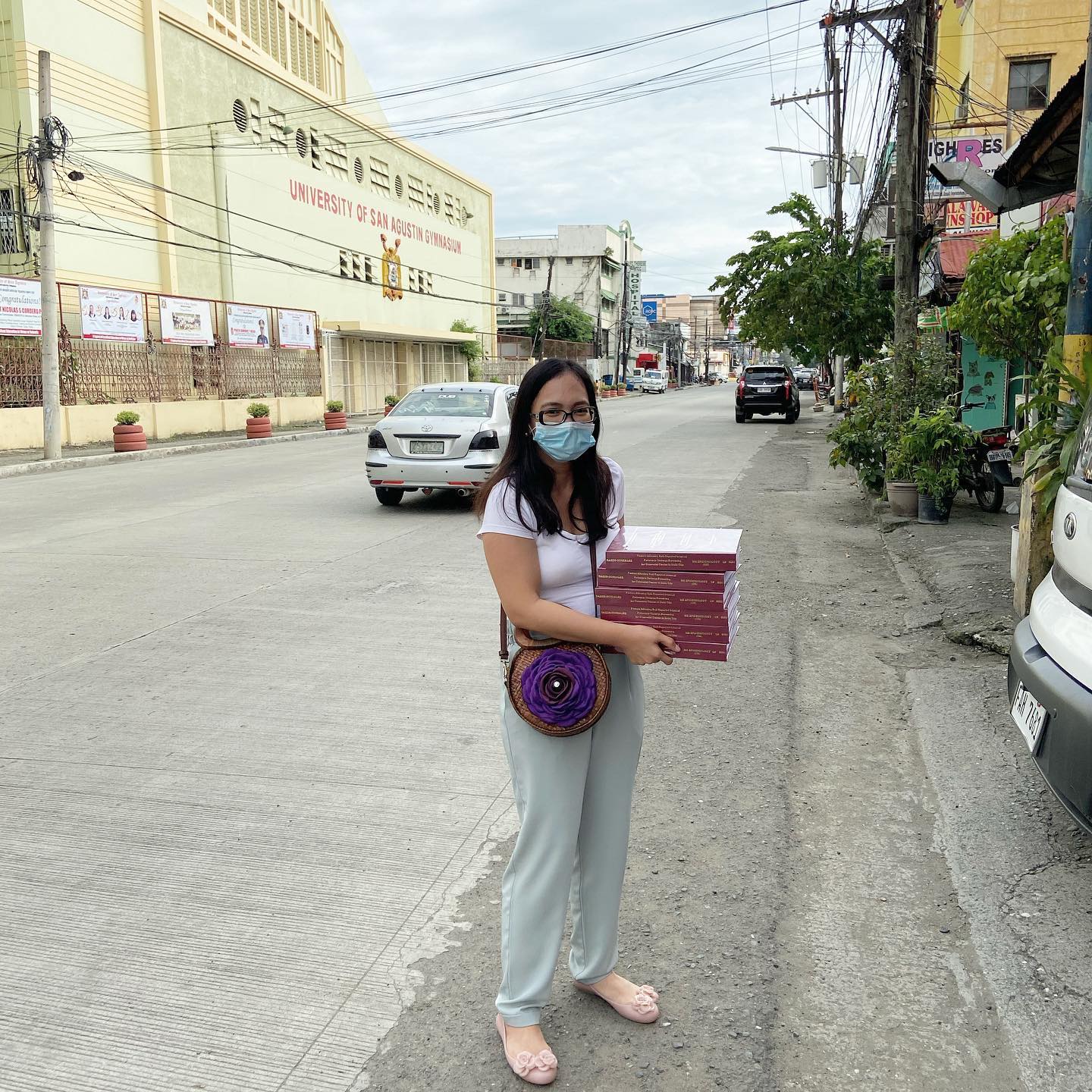
.JPG)

.jpg)
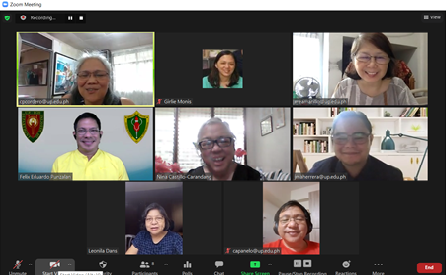
Admission Requirements
NGOHS basic requirements
Contact Details
Department of Clinical Epidemiology
Room 103 Paz Mendoza Building
UP College of Medicine
547 Pedro Gil St, Ermita, Manila 1000
Telefax: (632) 8525-4098
Email address: updce@post.upm.edu.ph
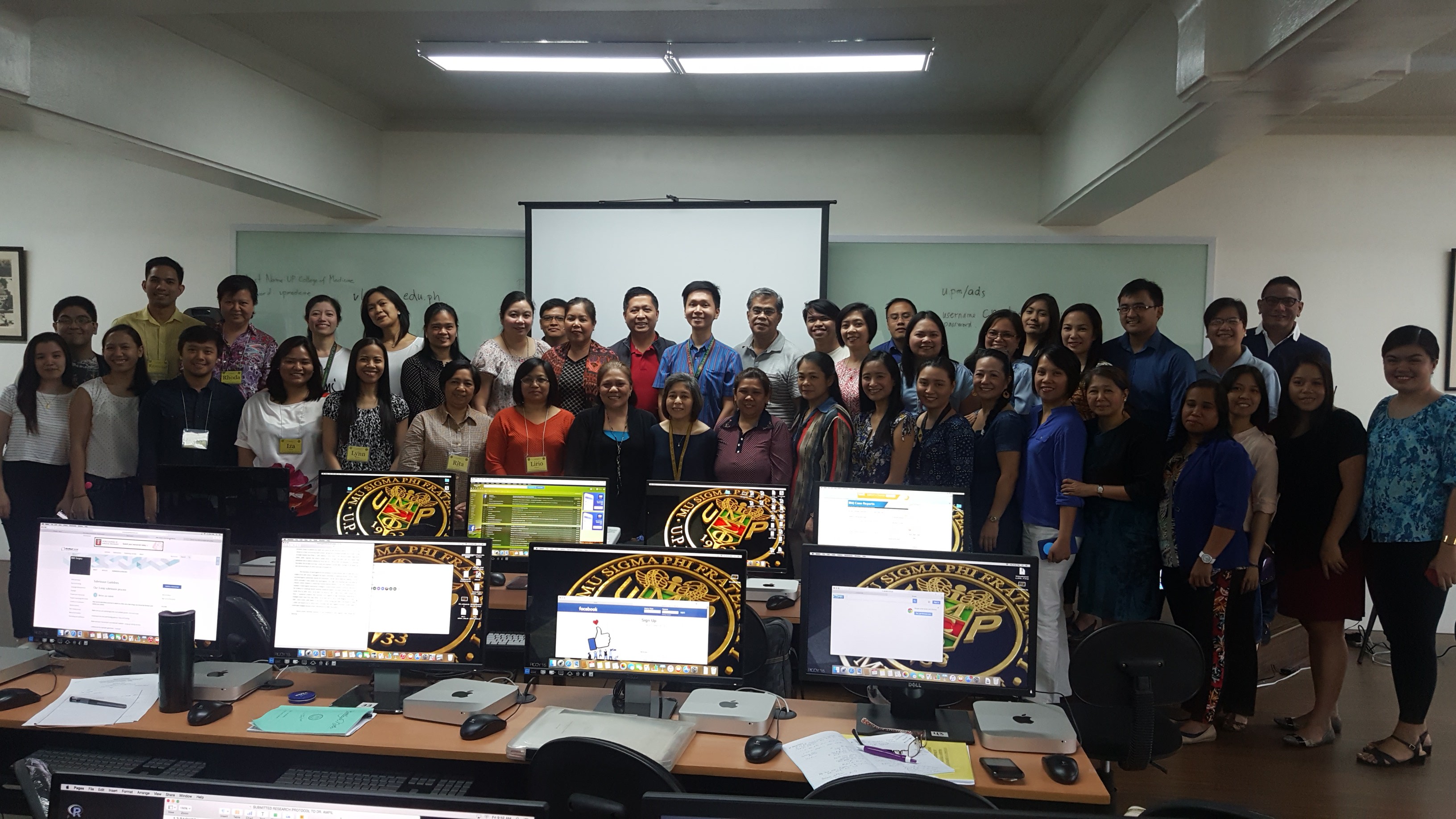
.JPG)
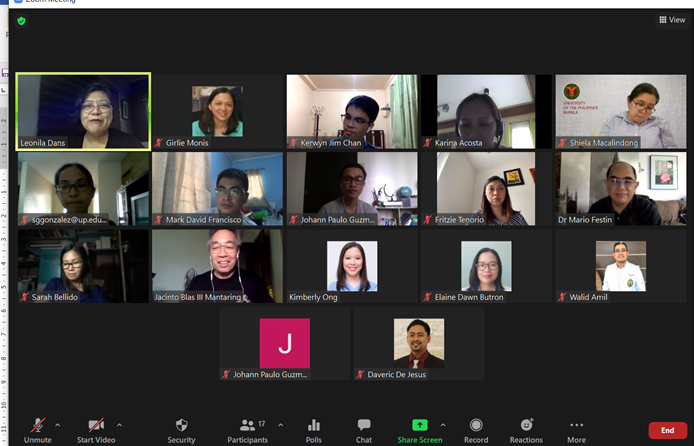
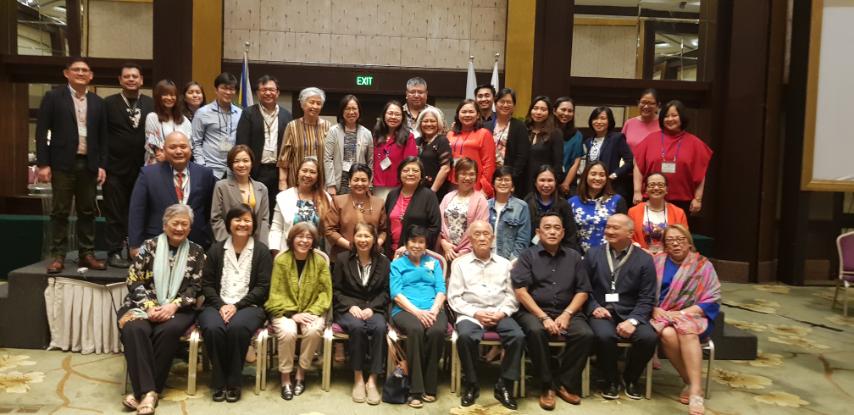
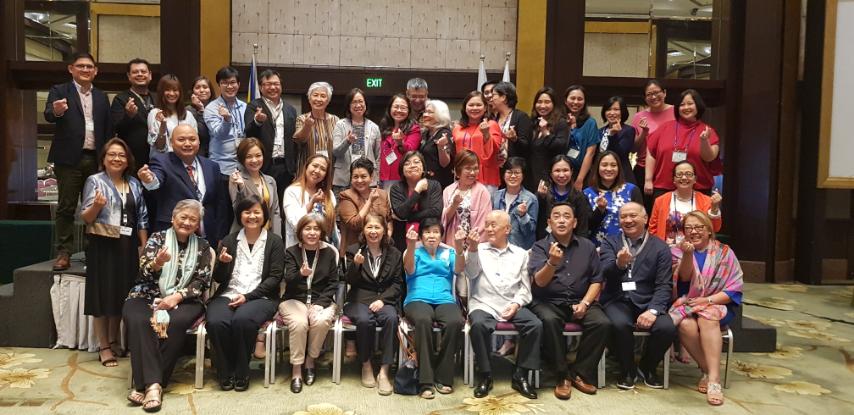
.png)
.jpg)
.JPG)
